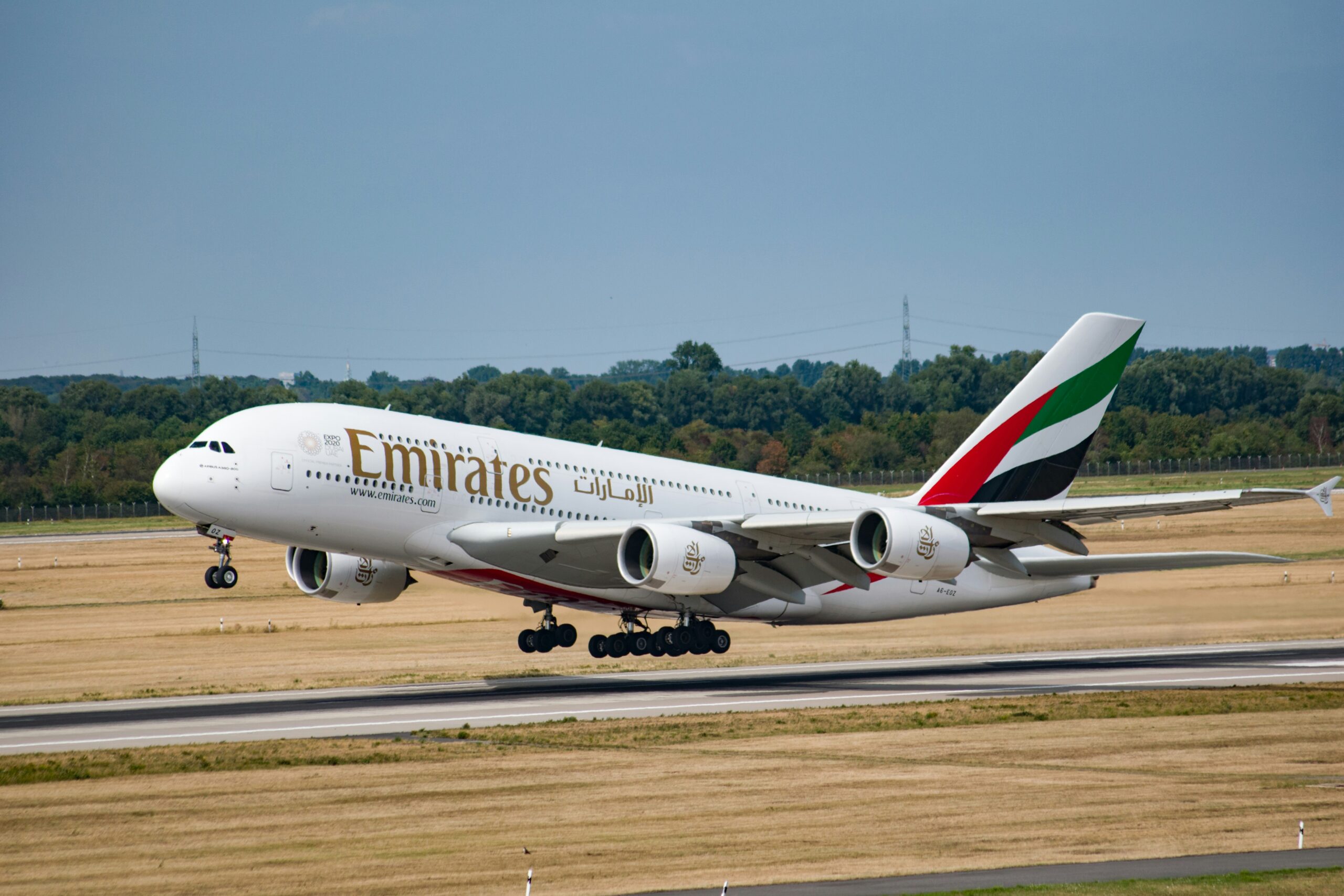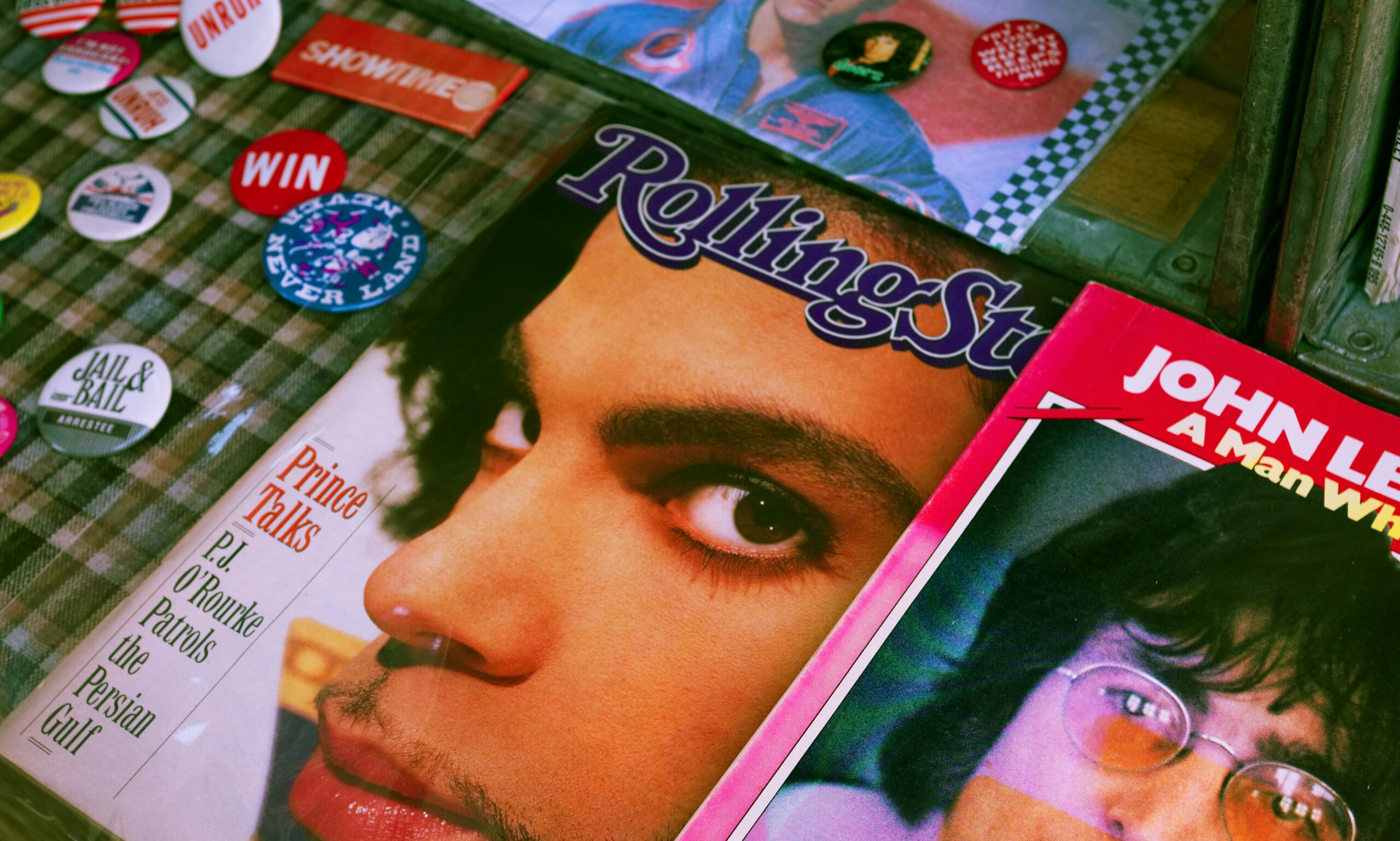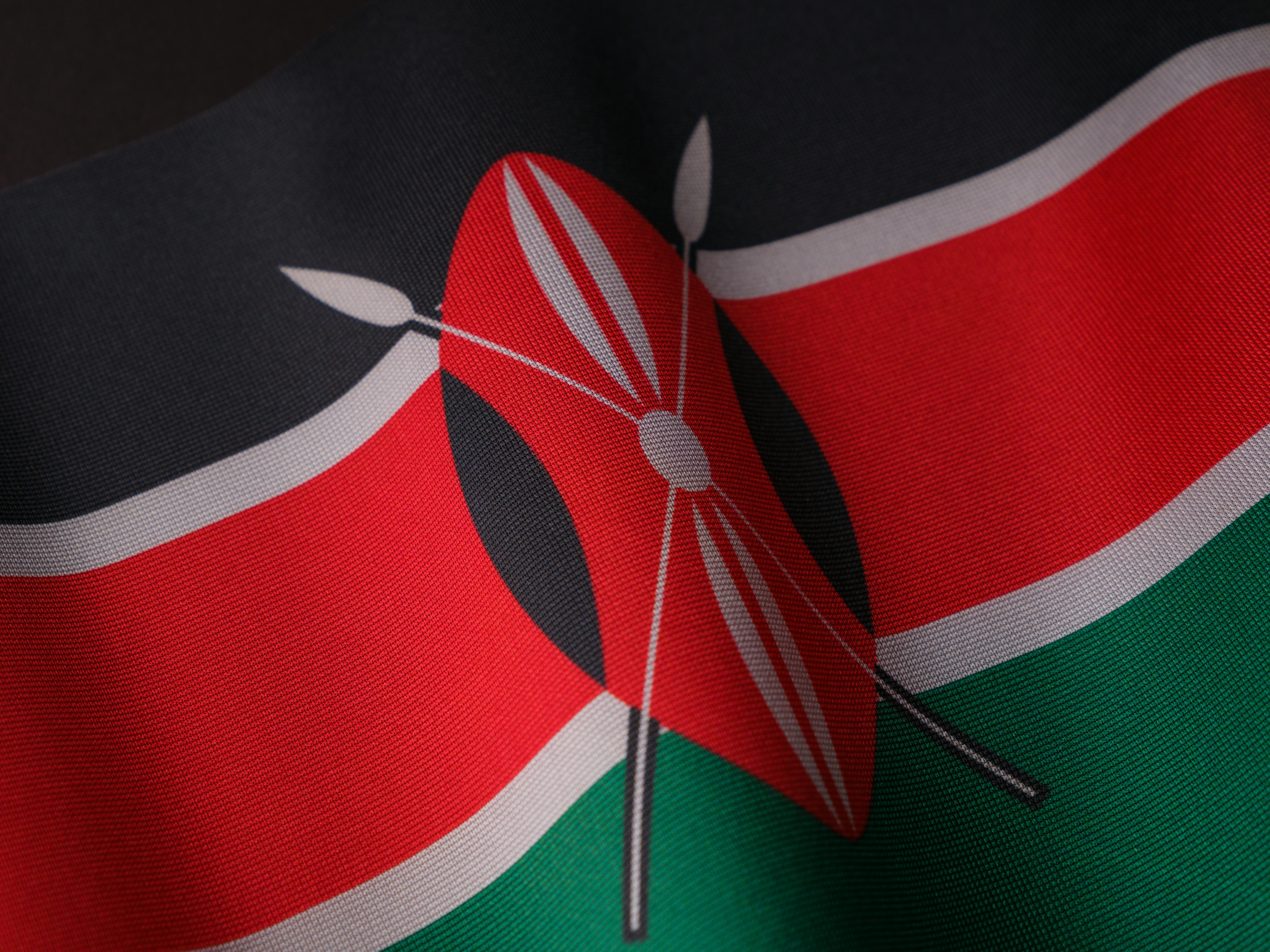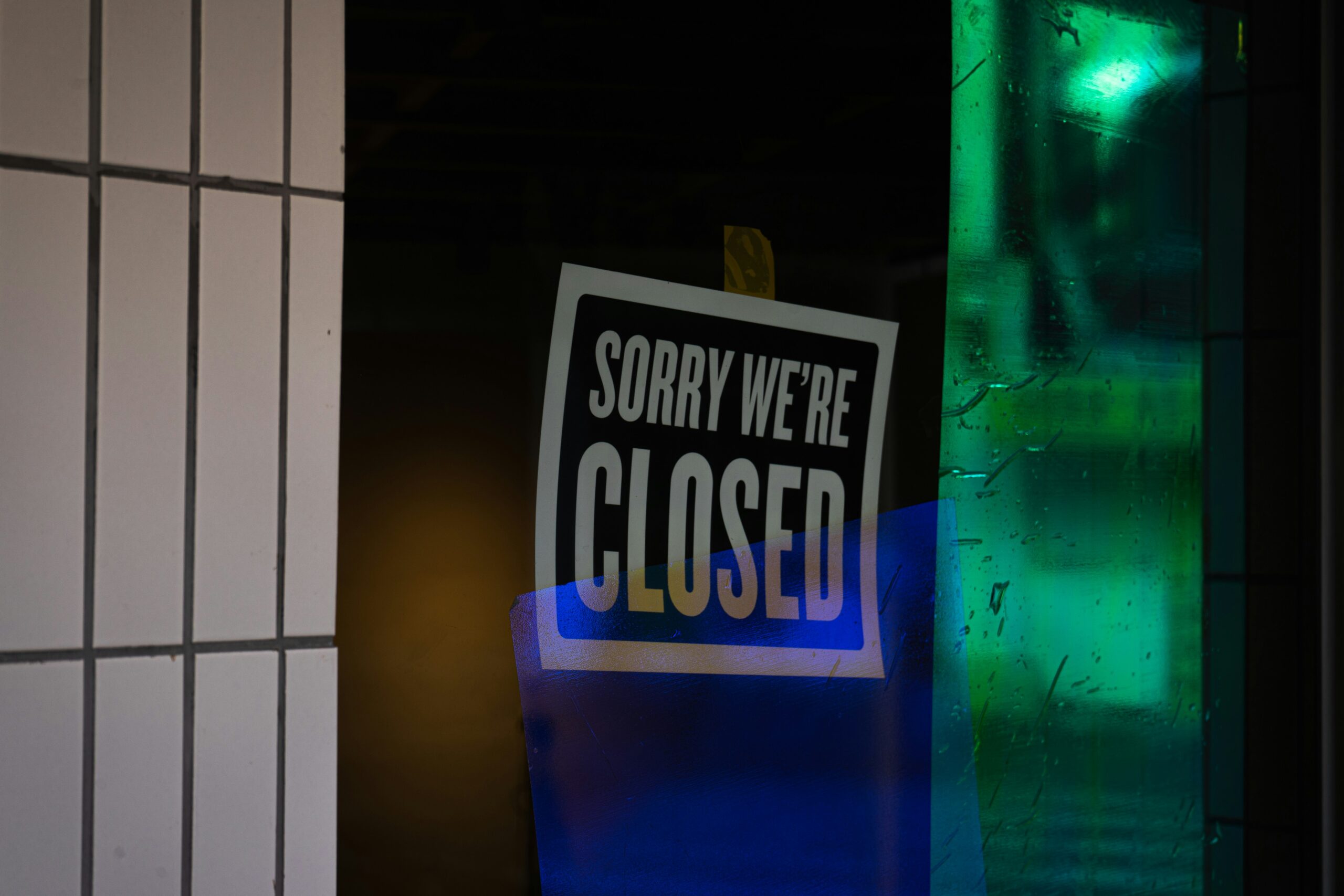Image credit: Pexels
In recent years, women have become increasingly involved in the Music Managers’ Forum (MMF), now comprising 38% of the group’s 1,500 members. It reflects broader changes in the music industry, which has become more inviting to women in certain aspects of the business, although the sector remains largely male-dominated.
Progress in the Music Managers’ Forum
In 1992, the Music Managers’ Forum had only two women among its 300 founding members. Now, Annabella Coldrick serves as its chief executive. In addition, Niamh Byrne was recently appointed as its new chair.
“The industry is much more diverse in many ways,” Coldrick said. “Much more visible… [Women] maybe weren’t getting the acknowledgement they should have been.”
A Rise in Acknowledgement?
Even in terms of acknowledgment, things are changing for the better. On November 21, Angela Becker was honored at the 2024 Artist & Manager Awards, hosted by the Music Managers’ Forum and the Featured Artists Coalition, for her role as manager of the Pet Shop Boys alongside Neil Tennant and Chris Lowe.
Sophie Kennard, manager of Chase & Status and co-founder of Frame Artists alongside Becci Abbott Black, was named manager team of the year.
“Where we work in the electronic side of the industry, it’s still very heavily male,” Kennard pointed out. “The teams artists build around themselves are their mates—male friends, male producers. There’s still very few leading female figures for younger people to follow.”
Shifts in the Music Industry
Much of the change observed in music management has explicitly been attributed to a shift in the role of a music manager in the modern day. Managers have much more to track, ranging from changes in the merchandising market to virtual merchandise and the significance of platforms like TikTok. Managers must keep up with how stories are told, and attention is directed daily.
Furthermore, the prominence of major labels has diminished with the rise of streaming.
Imbalance in the Music Industry as a Whole
However, Kennard’s observations have been more accurate outside of the progress made in music management organizations. Women are likelier to be songwriters or artists, while producers, audio engineers, and session musicians are almost always men. According to Jade Busola, manager of Afrobeats star ThisizLondon, there is still a long way to go, even in music management.
“I’m often the only woman in the room,” she said. “Most of the time I don’t think about it but then I become hyper-aware and I feel I have to be assertive, to make sure no one takes any vulnerability for weakness.”
Louise Latimer, recognized as the 2023 breakthrough manager, remarked on a female colleague’s experience with a male manager who would only address her male colleague.
“You get to the door of a venue or the dressing room and the staff always think you’re a groupie,” Latimer’s colleague told her.
“I’m 40 and it still happens now,” Latimer said of her own experience. “I had Big Moon playing at the O2 last week—I couldn’t get past security because they wouldn’t accept that I was manager of the band playing.”
“If I’ve got a band and I want to get them a deal, 95% of the people that I’m pitching that band to are men,” Latimer explained of the industry, “white men between 25 and 60, and that is quite weird.”
The Larger Issue Remains
While the Music Managers’ Forum is gradually moving toward equitable representation, extensive progress is still being made in the music industry. Major organizations might have started accepting more women into management, but other industry and music management areas continue to suffer from imbalance.















































































































































